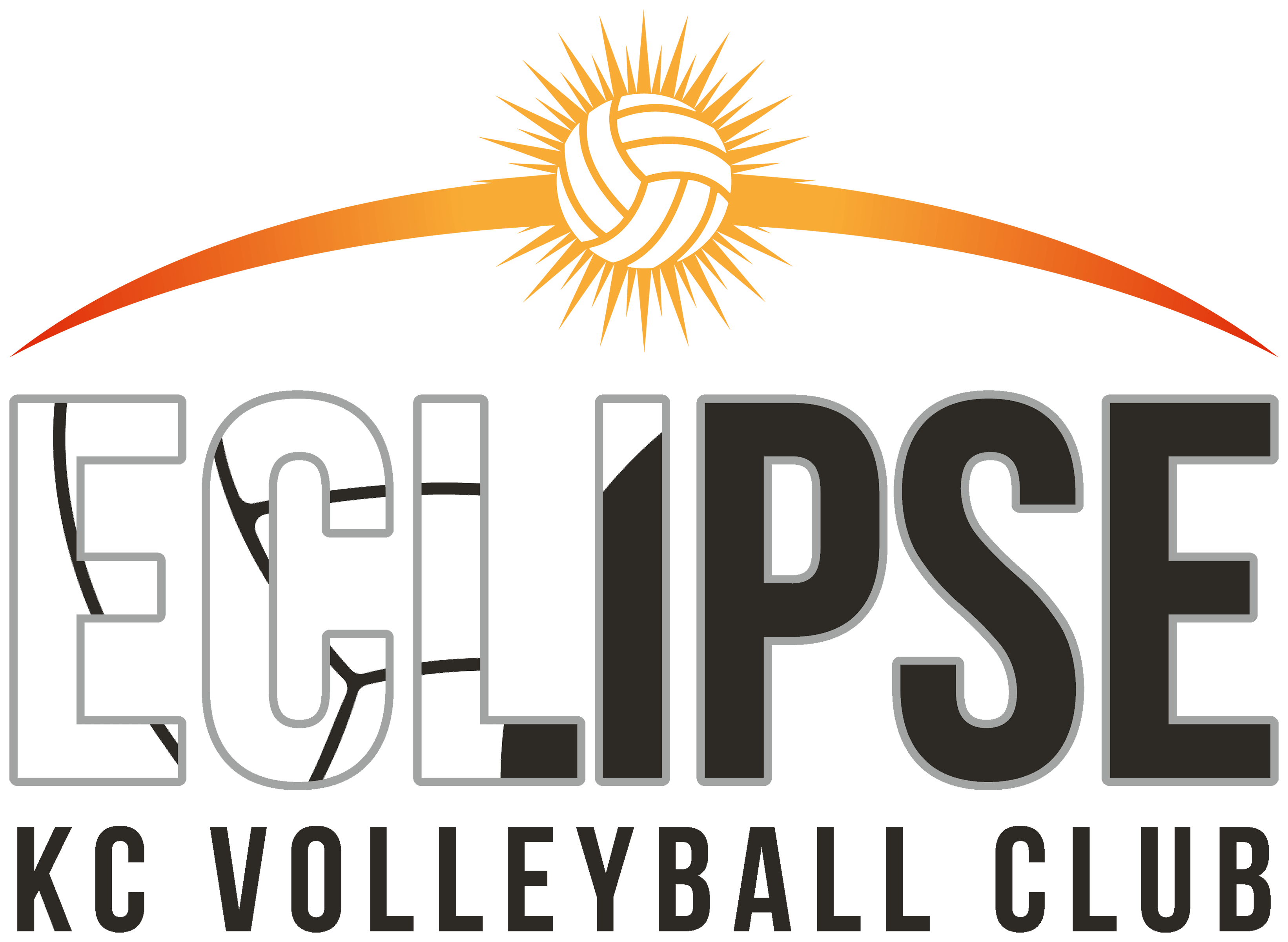The eclipse in Kansas City is an astronomical event that captivates the imagination and draws attention from enthusiasts and casual observers alike. As one of the most anticipated natural phenomena, the eclipse provides a unique opportunity to witness the alignment of celestial bodies, creating a spectacle that is both beautiful and awe-inspiring. In this article, we will explore the significance of the eclipse, its history, how to prepare for viewing, and much more.
In recent years, eclipses have garnered significant media coverage, with millions of people traveling to various locations to witness them in person. Kansas City, with its vibrant culture and rich history, serves as a prime location for eclipse viewing. This article aims to provide you with all the information you need to fully experience this extraordinary event.
Whether you are a seasoned eclipse chaser or a first-time observer, understanding the science behind eclipses and knowing the best practices for viewing can enhance your experience. Join us as we delve into the fascinating world of eclipses in Kansas City!
Table of Contents
- What is an Eclipse?
- Types of Eclipses
- Historical Eclipses in Kansas City
- Upcoming Eclipses in Kansas City
- Preparing for the Eclipse
- Safety Tips for Viewing
- Where to Watch the Eclipse in Kansas City
- Conclusion
What is an Eclipse?
An eclipse occurs when one celestial body moves into the shadow of another celestial body. In the context of Earth, this typically refers to the moon passing between the Earth and the sun, resulting in a temporary obscuration of the sun's light. Eclipses can also occur when the Earth casts a shadow on the moon, leading to a lunar eclipse.
Understanding the Mechanics
The mechanics behind eclipses are rooted in the relative positions of the Earth, moon, and sun. During a solar eclipse, the moon completely or partially covers the sun. In contrast, during a lunar eclipse, the Earth comes between the sun and the moon, casting a shadow on the moon.
Types of Eclipses
There are three main types of eclipses: solar, lunar, and hybrid. Understanding these types can help you appreciate the different experiences associated with each.
Solar Eclipses
- Total Solar Eclipse: The moon completely covers the sun, casting a shadow on Earth.
- Partial Solar Eclipse: Only a portion of the sun is obscured by the moon.
- Annular Solar Eclipse: The moon is too far from Earth to completely cover the sun, resulting in a "ring of fire" effect.
Lunar Eclipses
- Total Lunar Eclipse: The entire moon passes through the Earth's shadow, often appearing red.
- Partial Lunar Eclipse: Only a portion of the moon enters the Earth's shadow.
- Penumbral Lunar Eclipse: The moon passes through the Earth's outer shadow, leading to subtle shading.
Historical Eclipses in Kansas City
Kansas City has had its share of historical eclipses. Notable occurrences include the total solar eclipse of August 21, 2017, which drew numerous visitors and locals to the area.
Impact on the Community
The 2017 eclipse had a significant impact on local businesses, hotels, and the tourism industry as people traveled to Kansas City to witness the event. Many educational institutions and organizations hosted viewing parties and events to engage the public.
Upcoming Eclipses in Kansas City
Looking ahead, Kansas City is set to experience several exciting eclipses in the coming years. The next total solar eclipse will occur on April 8, 2024, and it promises to be a remarkable event.
Details of the 2024 Eclipse
- Date: April 8, 2024
- Type: Total Solar Eclipse
- Path of Totality: Kansas City is within the path, offering excellent viewing opportunities.
Preparing for the Eclipse
Preparation is key to maximizing your eclipse experience. Here are some important steps to take:
- Research: Familiarize yourself with the timing and type of eclipse.
- Plan Your Location: Choose a spot with a clear view of the sky.
- Gather Supplies: Stock up on eclipse glasses and refreshments.
Safety Tips for Viewing
Viewing an eclipse safely is crucial to protect your eyesight. Here are essential safety tips:
- Use Eclipse Glasses: Never look directly at the sun without proper eyewear.
- Do Not Use Regular Sunglasses: They are not safe for eclipse viewing.
- Observe the Environment: Be aware of your surroundings while viewing.
Where to Watch the Eclipse in Kansas City
Many locations in Kansas City offer excellent vantage points for viewing the eclipse. Here are some recommended spots:
- Loose Park: A spacious park with open areas for viewing.
- Union Station: An iconic landmark that often hosts eclipse events.
- Local Observatories: Check for events hosted by local astronomical societies.
Conclusion
In summary, the eclipse in Kansas City is not just an astronomical event; it's an opportunity to connect with nature and the cosmos. By understanding what an eclipse is, the types of eclipses, and how to prepare for viewing, you can enhance your experience and enjoy this breathtaking phenomenon.
We encourage you to share your thoughts in the comments section below and let us know your plans for the upcoming eclipse. Don't forget to share this article with fellow eclipse enthusiasts or anyone interested in experiencing this remarkable event!
Call to Action
Stay tuned for more articles on cosmic events and tips for safe viewing practices. We look forward to seeing you back here for more exciting content!
Thank you for reading, and may your eclipse viewing experience be unforgettable!



